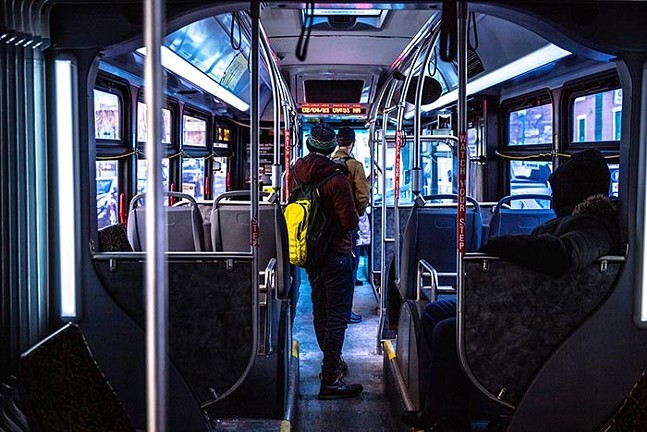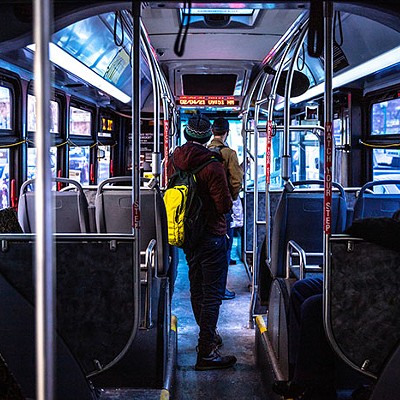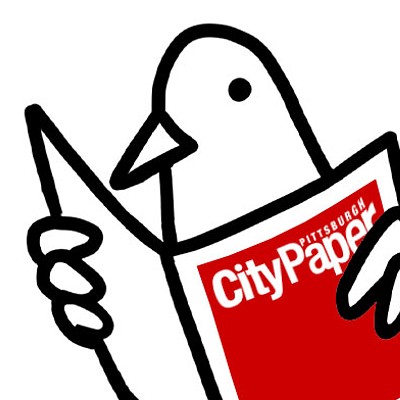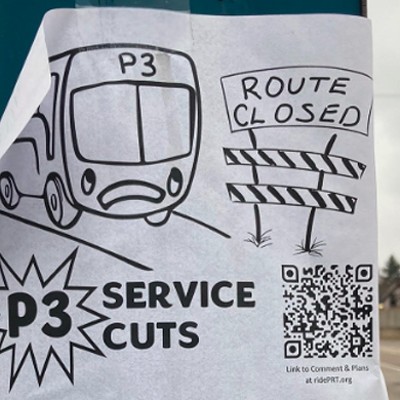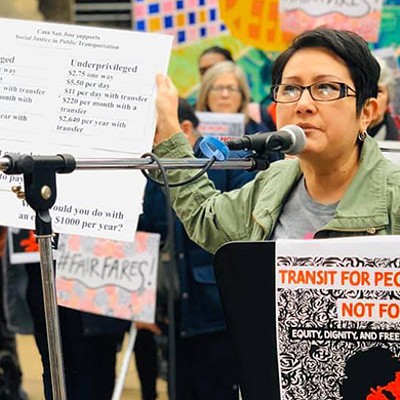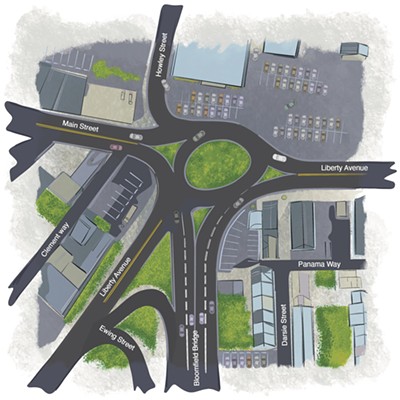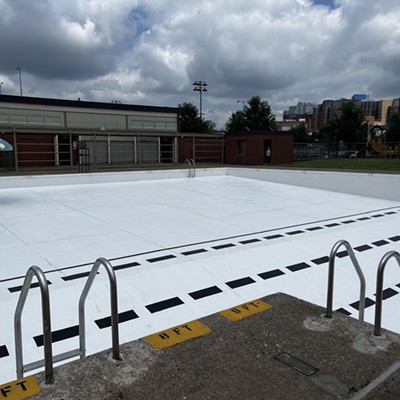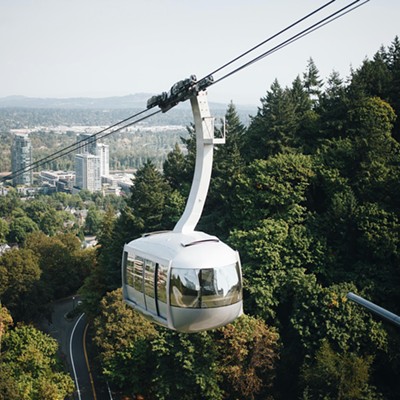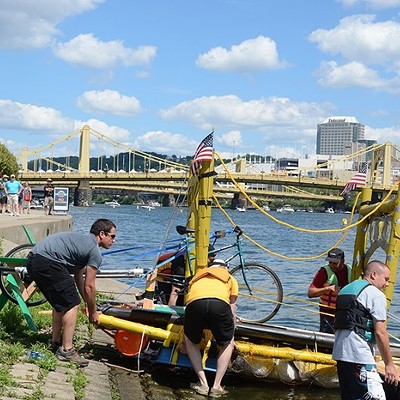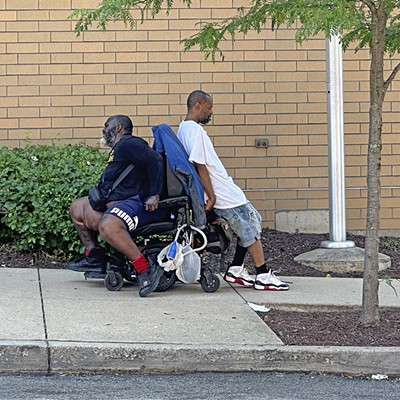Transit users in Pittsburgh say they’re tired of delays and disruptions that have lingered long after the initial shock of the pandemic.
More than 15 riders and advocates described their frustrations getting around the city during Pittsburgh Regional Transit’s Oct. 28 board meeting. Several also urged the board to address the unmet needs of a growing number of Spanish-speaking transit users.
Many riders told the board they’re frequently late for work or other important appointments because their buses are showing up late or not at all.
“We need to do better, and we need to do more,” said one speaker, Andrew Hussein. “Whatever it takes to get operators behind the wheel because the situation has become untenable and unconscionable.”
PRT CEO Katharine Kelleman addressed the room before the meeting, where she acknowledged the problems, but said they mostly reflect national labor shortages.
“Reliability has been a significant issue for us throughout the pandemic, and especially in 2022,” Kelleman said. “Maybe a bus that was scheduled to pick you up never showed up; maybe it caused you to be late for work; maybe that cost you time and cost you money.”
Kelleman said while many regions have cut service by 15-20% since the pandemic, PRT has only dropped its scheduling by about half that number, and did so in manageable increments.
Kelleman said her team has formed an internal task force to help resolve the problem but warned further cuts could be on the horizon.
“We've tried to retain as much of our service as possible while addressing the issues, the national issues and employee shortages,” Kelleman said. “We thought it would be solved by now, and as you know it has not been. This is the number one issue facing [PRT] right now.”
Cheryl Stephens, a community organizer with Pittsburghers for Public Transit, rejected Kelleman’s characterization of the problem as simply a national issue, saying it’s a consequence of management.
“How can PRT sustain a workforce when there are so many difficult challenges operators face?” Stephens said.
Some at the meeting said for non-English speakers, particularly those of Pittsburgh's growing Latino community, the service disruptions are compounded by a lack of language accommodations.
Ricardo Villarreal, a regular user of PRT’s light rail service, said when the red line was down for much of last winter, many Latino riders waited for hours in the frigid air while they struggled to comprehend updates communicated about the temperamental shuttle replacement.
“I don't see how a city that has achieved so much in the past, that has been the pioneer of many advances, cannot address and solve this feeling of hopelessness that we feel when our transit does not arrive on time or does not arrive at all or because we speak another language and we do not understand,” Villarreal said.
Krystle Knight, a community organizer at Thomas Merton Center who described herself as “the proud daughter of Mexican immigrants,” also urged more be done to meet the demands of the region’s rising Latino community.
“Public transit is a human right and we must support the growing Spanish speaking population who require the T and buses to get to work.”
Kelleman said PRT is considering how to respond to these needs in a way that’s consistent with federal guidelines, noting the county has more Mandarin than Spanish speakers.
“The topic of language accessibility is clearly important to us,” she said. “We want to make sure changes are meaningful and thoughtful, not just cobbled together in a hasty way to address today but not take care of us for the years to come.”

